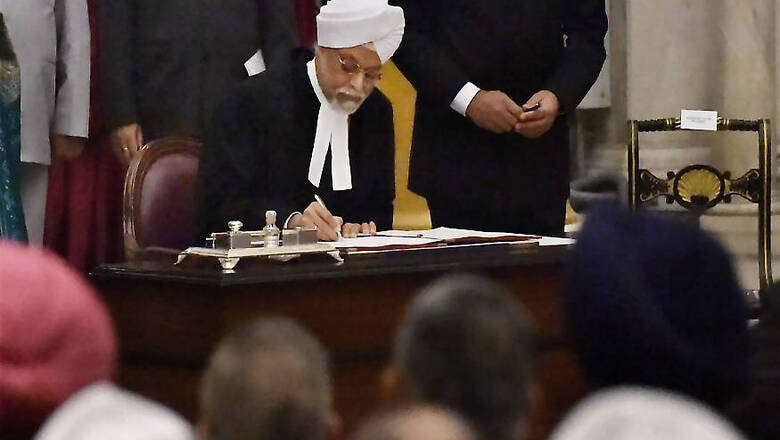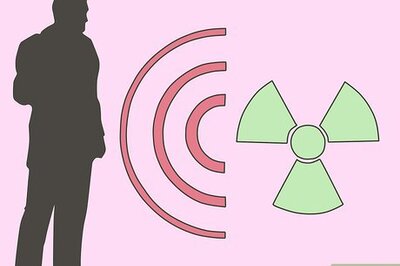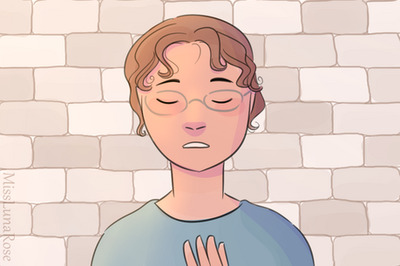
views
New Delhi: CJI J S Khehar on Wednesday said judiciary should not be blamed for pendency of cases and suggested that the government instead cut down on the number of litigations filed by it, remarks seen as a rap on the knuckles of the ruling establishment.
Speaking at a book release function at Rashtrapati Bhavan, the Chief Justice of India said sometimes it is very difficult for a government department to take a call on whether to file a case or not.
Delhi: President Pranab Mukherjee to receive first copy of book 'Judicial reforms-Recent Global Trends' from PM Modi at Rashtrapati Bhawan. pic.twitter.com/PZmc9ukNVl— ANI (@ANI_news) February 22, 2017
"And since the stakes are high and nobody wants to take the responsibility, so decision is ordinarily taken to file it (the case). I wouldn't at all blame the government for filing these cases. I am sure I cannot blame the government," he said in presence of President Pranab Mukherjee and Prime Minister Narendra Modi.
I assure you we will try our best for early disposal of cases: Chief Justice of India Jagdish Singh Khehar pic.twitter.com/9sB2eovo8B— ANI (@ANI_news) February 22, 2017
Repeatedly insisting that his comments should not be misinterpreted, Justice Khehar said the national litigation policy was formulated by the government and "we expected that some kind of control would come around on the litigations that come from the government, which is the largest stakeholder with the judiciary".
The CJI favoured an independent mechanism for having a second look at cases which merit to be filed.
"Since the government is the largest stakeholder with us, obviously the consequences of failed litigations is largest for the government. So, nobody can grudge it for raising the claim. But it seems that we need a further look at it...
"May I make a suggestion... There could be a mechanism where some independent agency, maybe some retired judges or some professionals of eminence who you may choose at all level, whether it is the district court or the high court or the Supreme Court, to take a second call.
"And if we can just reduce ten per cent of those litigations, we will go the long way ahead. Again don't take me wrong, it is not a matter of any criticism," he said.
Justice Khehar said though various reasons led to the delay in filing of appeals, the judiciary was invariably blamed for it.
"When the final decision is taken, it takes five more months to file the appeal and the period of limitation is 30 days. So I don't understand how that delay could ever be explained by anybody at all, but it ends up with us," the CJI said.




















Comments
0 comment